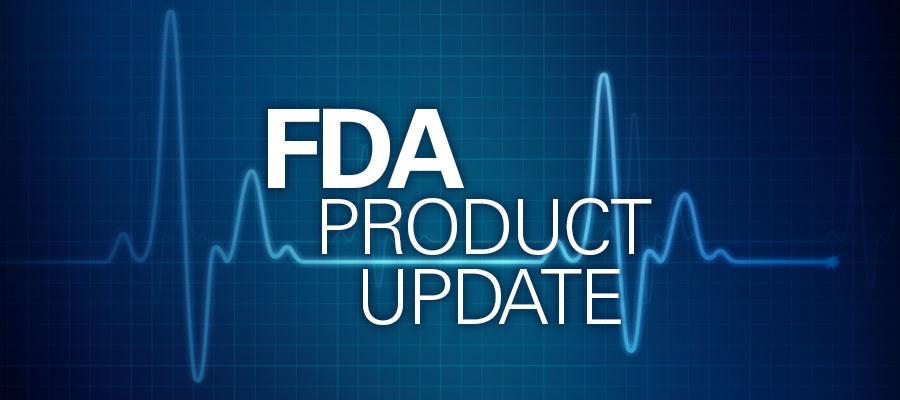FDA recommends using duodenoscope with disposable components

To reduce risk of patient infection, the Food and Drug Administration recommends health care facilities transition to using duodenoscopes with disposable components. FDA cites challenges in cleaning devices with fixed endcaps and high levels of contamination when reusing. More than 500,000 procedures each year use duodenoscopes to diagnose and treat issues in the pancreas and bile ducts by inserting the tube in the mouth, throat and stomach. “Duodenoscopes remain critical to life-saving care for many patients in the U.S.,” said Jeff Shuren, M.D., director of FDA’s Center for Devices and Radiological Health. “While the risk of infection from inadequate reprocessing is relatively low, we are taking action because of continuing elevated levels of contamination in duodenoscopes,” FDA also announced that it is encouraging device manufacturers to aid in the transition and increase their supplies.

